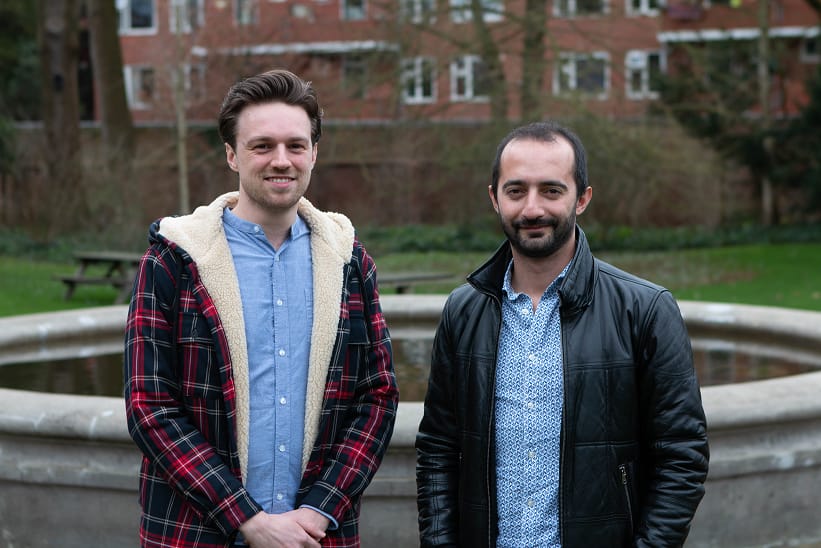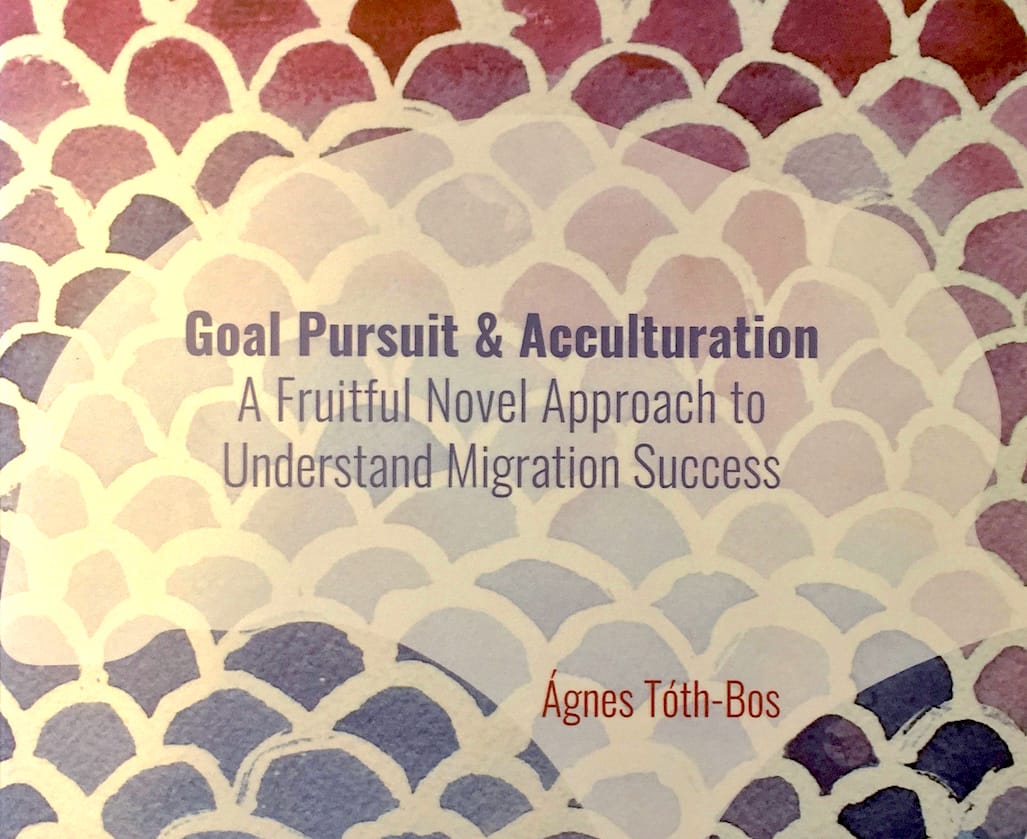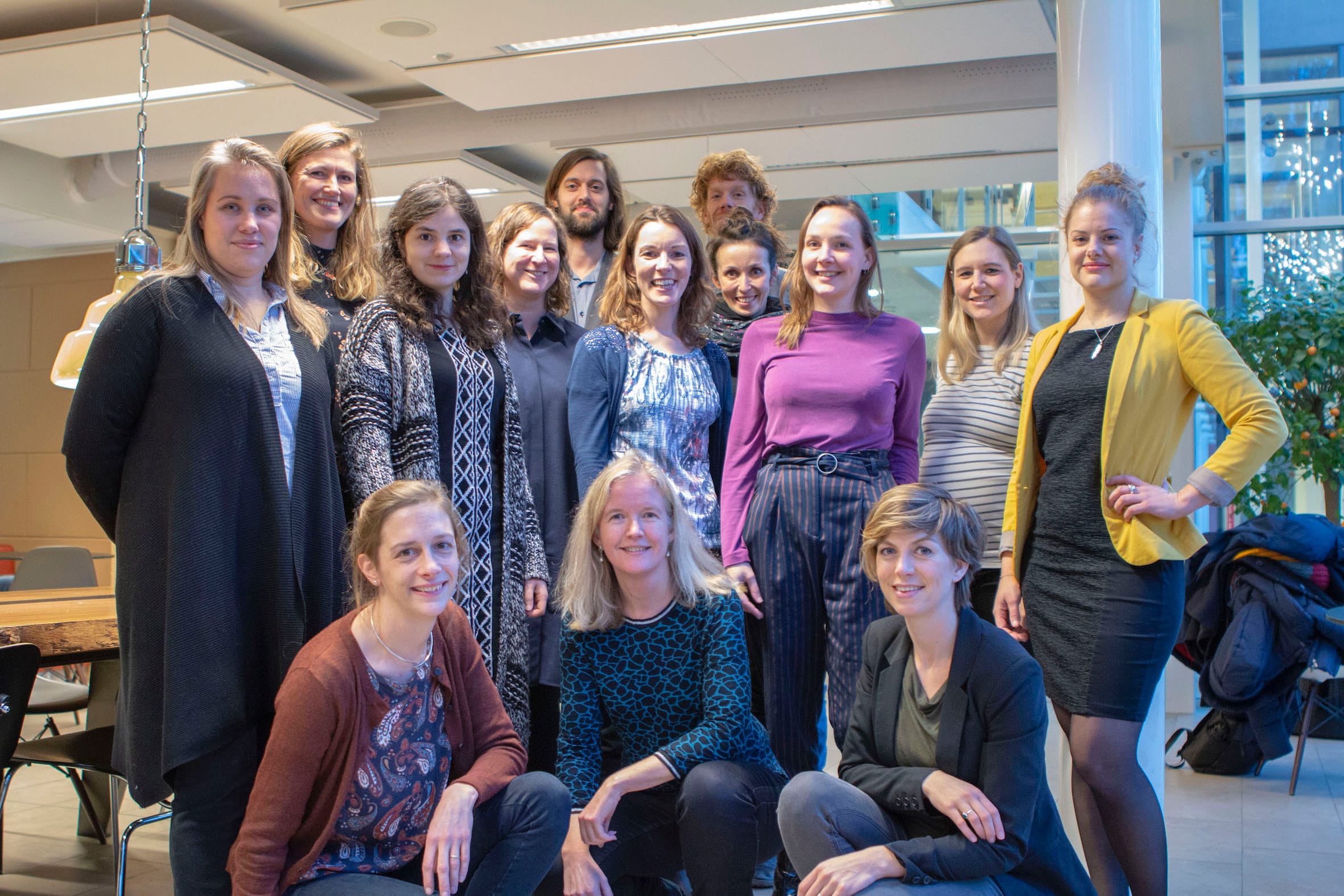One hundred and thirty years after this famous quote by William James, psychologists are still struggling to measure attention reliably, particularly impairments of attention. Together with my neuropsychologist colleagues, I developed the Everyday Life Attention Scale (ELAS) to help in the assessment of attention. Here I share our discoveries about attention.
Stadjers Hand in Hand (SHH) is a community-building project aiming to tackle poverty in Groningen. Yasin Koc (a teacher) and Gido Metz (a student) got enthused by the project through a Master’s course, and became volunteers. “We used our knowledge of social psychology and helped develop the project to become larger and more sustainable.”
In 2016, the University of Groningen and Erasmus University Rotterdam joined on an experiment: a new PhD scholarship program. I, as well, started my PhD as a bursary student at the University of Groningen, occupying one of the positions made available by this program. However, three years into the experiment, the program fails to deliver […]
It is sometimes said that migrants should work on their acculturation in the host country in order to realize their goals. In her PhD dissertation, which she succesfully defended last November, Ágnes Tóth argues that this relation may actually work the other way around.
In the literature research for my master thesis (which was about possible transfer effects of playing chess on brain functions) I discovered that the disciplines of psychology and the game of chess had formed an unusual alliance at the turn of the 20th century. I will make a brief excursion into the history of chess research and will uncover the astonishing linkage between chess and psychology.
Christmas and New Year are here again. In terms of happiness, often a joyful time of the year. However, for some, not so much. Fortunately psychology can give insight into what may improve your mood during this period. Besides, I offer some suggestions for research papers that should make your work or study break more fun. Happy holidays!
January 2019 we launched a network of Young Enthusiastic Social Scientists at the Behavioural and Social Sciences faculty (YESS BSS). After existing for almost a year, it’s time to introduce ourselves: Who are we, what have we done so far, and what can you expect from us in the upcoming year?
The spicy scents of pepernoten and speculaas hang in the streets of Groningen, meaning the winter break is slowly approaching. As the remaining leaves fall, students and staff are preparing for celebrations spent with family and friends, and visions of crisp forest walks and ample amounts of hearty meals make the commencement of the winter […]
When you hear about students doing a Research Master in the University Medical Center Groningen (UMCG) after a Bachelor in Psychology, you probably would infer that these students totally changed their sides. But research at the hospital is not purely medical. Studying the psychological aspects of certain diseases is surprisingly commonplace and the expertise and […]
On average each Dutch citizen owns 1.3 bicycles. For the Dutch, being able to cycle is almost a given fact. But is cycling a safe thing to do if you have permanent vision impairments?










